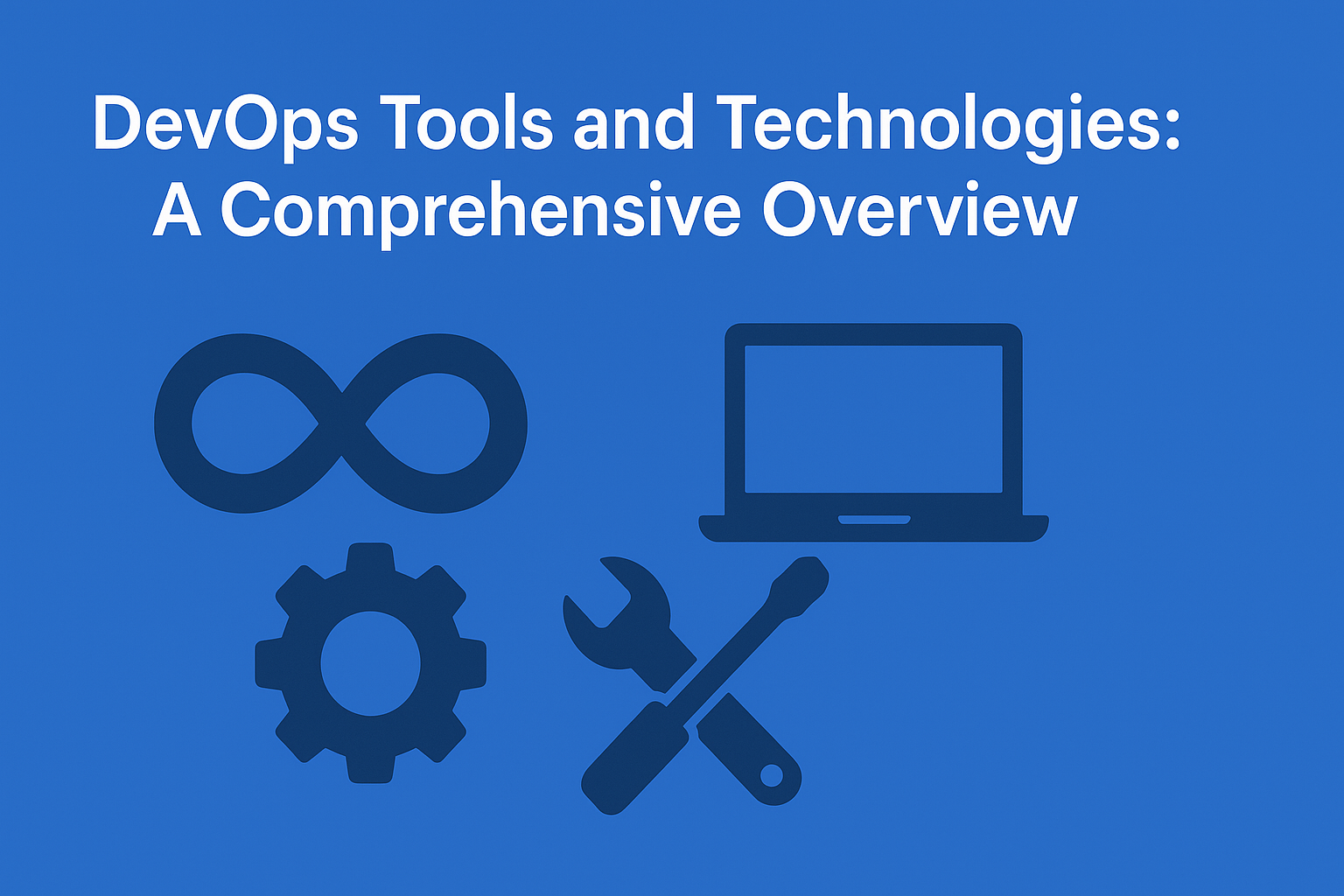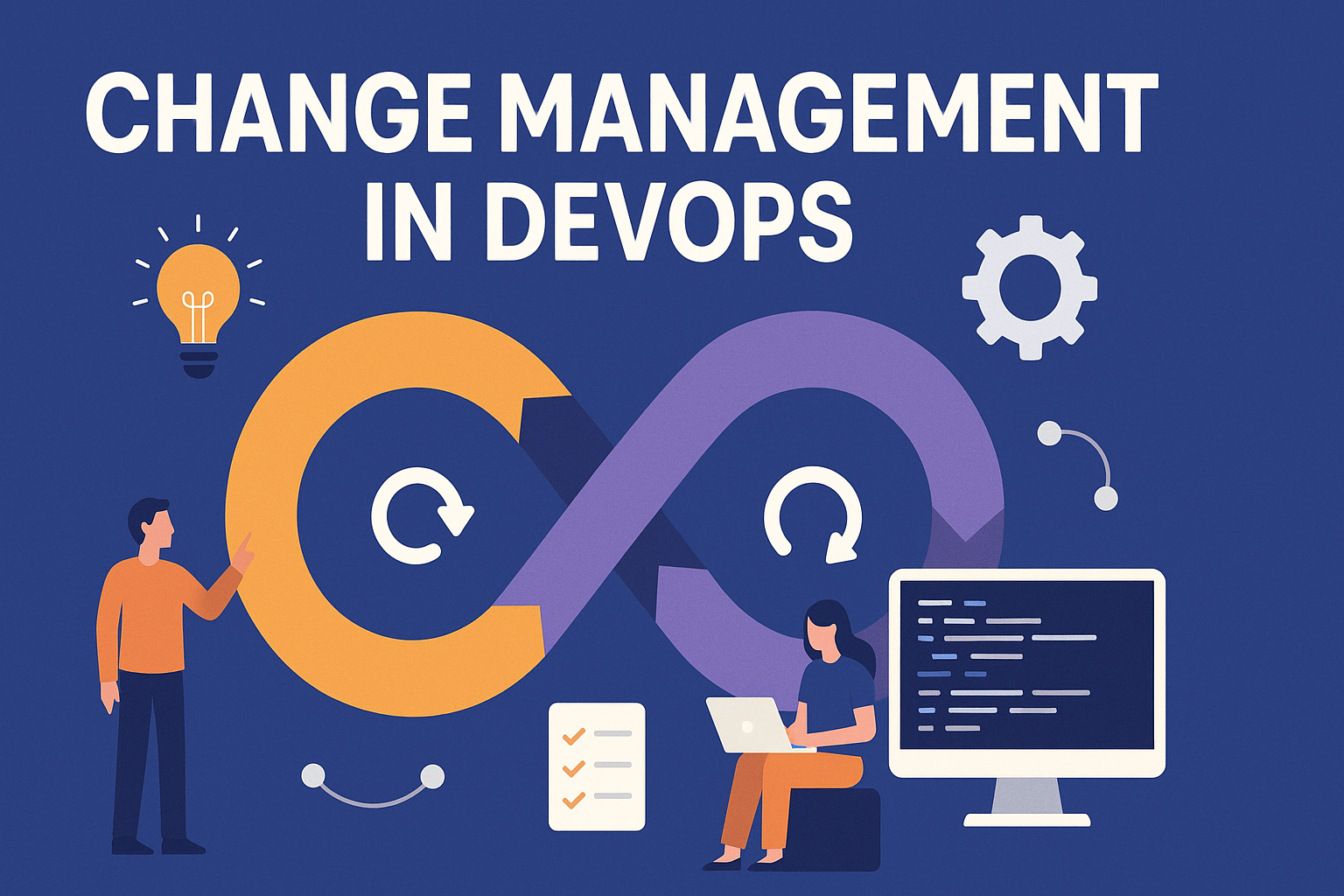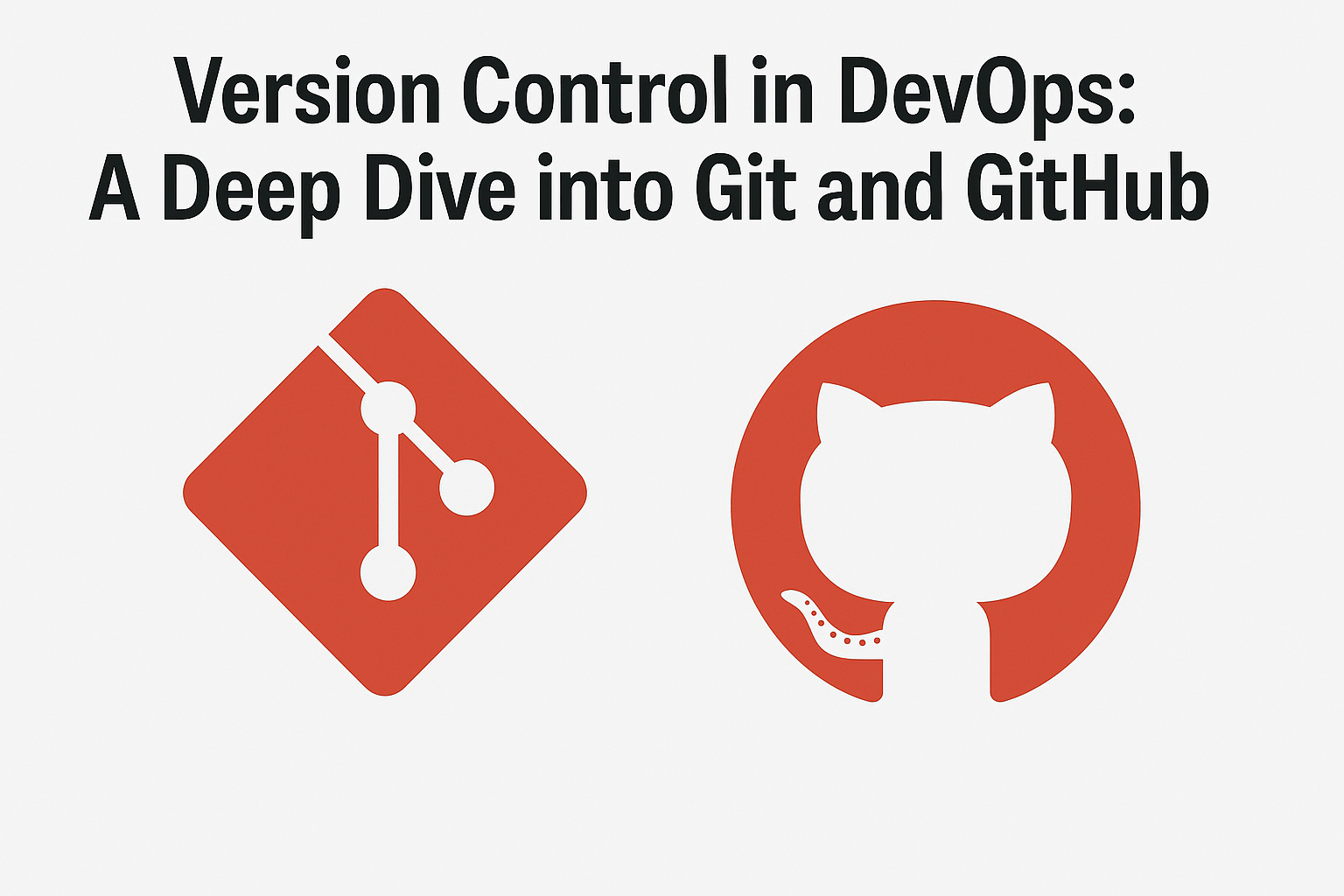Inspirational journeys
Follow the stories of academics and their research expeditions
DevOps Tools and Technologies: A Comprehensive Overview

Introduction
In the ever-evolving landscape of software development, DevOps has emerged as a game-changer. DevOps, short for Development and Operations, is a set of practices and cultural philosophies that aim to bridge the gap between software development and IT operations. It promotes collaboration, automation, and efficiency throughout the entire software development lifecycle. To enable DevOps practices, a wide array of tools and technologies have been developed. In this blog, we will provide a comprehensive overview of some of the key DevOps tools and technologies that are commonly used in the industry.
Continuous Integration and Continuous Deployment (CI/CD) Tools
1. Jenkins
[Jenkins](https://www.jenkins.io/) is an open-source automation server that enables developers to automate the building, testing, and deployment of their code. It supports a wide range of plugins and integrations, making it a versatile tool for CI/CD pipelines.
2. Travis CI
[Travis CI](https://travis-ci.com/) is a cloud-based CI/CD service that is especially popular for open-source projects. It offers seamless integration with GitHub and supports a variety of programming languages.
3. CircleCI
[CircleCI](https://circleci.com/) is another cloud-based CI/CD platform known for its speed and scalability. It allows for easy configuration through a `.yml` file and supports Docker for containerized builds.
4. GitLab CI/CD
[GitLab CI/CD](https://about.gitlab.com/stages-devops-lifecycle/continuous-integration/) is an integral part of GitLab's DevOps platform. It provides a built-in CI/CD pipeline with features such as auto-scaling, Kubernetes integration, and container registry.
Version Control
1. Git
[Git](https://git-scm.com/) is the most widely used distributed version control system. It allows multiple developers to collaborate on a codebase, track changes, and manage different branches effectively.
2. GitHub
[GitHub](https://github.com/) is a web-based platform that provides hosting for Git repositories. It offers features like pull requests, issues, and project management, making it a hub for collaborative software development.
3. GitLab
[GitLab](https://about.gitlab.com/) is an end-to-end DevOps platform that not only provides version control but also includes features for CI/CD, container registry, and project management.
Configuration Management
1. Ansible
[Ansible](https://www.ansible.com/) is an open-source automation tool that simplifies configuration management and application deployment. It uses simple YAML files to define automation tasks.
2. Puppet
[Puppet](https://puppet.com/) is a configuration management tool that enables the automatic provisioning and management of infrastructure. It uses a declarative language to define configurations.
3. Chef
[Chef](https://www.chef.io/products/chef-infra) is another popular configuration management tool that allows you to define infrastructure as code. It uses Ruby-based scripts for configuration.
Containerization and Orchestration
1. Docker
[Docker](https://www.docker.com/) is a containerization platform that allows developers to package applications and their dependencies into containers. Containers ensure consistency across development, testing, and production environments.
2. Kubernetes
[Kubernetes](https://kubernetes.io/) is an open-source container orchestration platform for automating the deployment, scaling, and management of containerized applications. It is essential for managing complex microservices architectures.
Infrastructure as Code (IaC)
1. Terraform
[Terraform](https://www.terraform.io/) is an open-source IaC tool that enables the provisioning and management of infrastructure resources. It uses a declarative configuration language to define infrastructure.
2. AWS CloudFormation
[AWS CloudFormation](https://aws.amazon.com/cloudformation/) is a service provided by Amazon Web Services (AWS) for defining and provisioning AWS infrastructure as code. It supports various AWS services and resources.
Monitoring and Logging
1. Prometheus
[Prometheus](https://prometheus.io/) is an open-source monitoring and alerting toolkit that is particularly well-suited for containerized environments. It collects metrics and provides a flexible query language.
2. ELK Stack
The [ELK Stack](https://www.elastic.co/what-is/elk-stack) is a combination of Elasticsearch, Logstash, and Kibana. It is used for centralized logging and log analysis, making it easier to troubleshoot issues.
Collaboration and Communication
1. Slack
[Slack](https://slack.com/) is a popular team collaboration tool that facilitates communication and collaboration among development and operations teams.
2. Microsoft Teams
[Microsoft Teams](https://teams.microsoft.com/) is another team collaboration platform that integrates with various Microsoft tools and services.
Conclusion
DevOps is all about automating and streamlining the software development and deployment process, and the tools and technologies listed above play a crucial role in achieving those goals. The choice of DevOps tools depends on the specific needs of your project, but adopting the right set of tools can greatly improve productivity, code quality, and collaboration within your development and operations teams. As the DevOps landscape continues to evolve, staying up to date with the latest tools and best practices is essential for success in the software development industry.
0 Comments





Leave a comment